Daron Acemoğlu and James Robinson talk about their best-selling book, Why Nations Fail.

In Why Nations Fail, Acemoğlu & Robinson argue that institutions matter for development and prosperity. Economic institutions can be broadly inclusive, leading to sustained economic prosperity, or extractive, enriching elites but doing little for the majority of the population. So far, that is not very new or exciting. A lot of development thinking has focused on institutions for at least 20 years, following the disappointing results of the Washington Consensus. In this book Acemoğlu & Robinson make the key point that these institutions which block development come about and persist because they benefit powerful elites.
Too often we act as if institutions block development because the leaders of those countries don’t know how to make them better: Acemoğlu & Robinson say that they generally persist because the leaders of those countries don’t want to make them better. As Acemoğlu says in the podcast, “Getting institutions right is not an engineering problem, it is a political problem”.
The podcast is in three broad parts. After the introduction, Acemoğlu & Robinson talk about their view that it is institutions which explain why some nations fail and others succeed, and why this explanation is better than alternative explanations such as geography or culture. Second, they talk abut the idea that institutions which block development tend to persist because of politics. And at the end, they talk about how change happens, and what (if anything) outsiders can do to accelerate and shape it.
Read the transcript of Development Drums 40.
This is the third in a series of three episodes of Development Drums looking at politics and power in development. In Episode 36, Rakesh Rajani and Martin Tisné discuss accountability and openness. In Episode 37 Duncan Green talks about his book From Poverty to Power.
Links mentioned in the podcast
Why Nations Fail on Amazon (affiliate link)
(affiliate link)
Arvind Subramanian’s review of Why Nations Fail
Blog post by Acemoğlu & Robinson about David Cameron’s Golden Thread
Pods in Print: the people who do our transcripts
Bill Gates’s review of Why Nations Fail
Acemoğlu and Robinson response to Gates
Jeff Sachs’s review of Why Nations Fail ($)
Acemoğlu and Robinson response to Sachs
Here are some global development podcasts:
Podcast: Play in new window | Download
Subscribe:
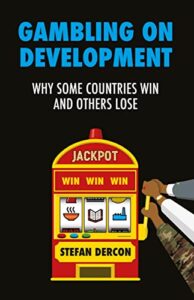

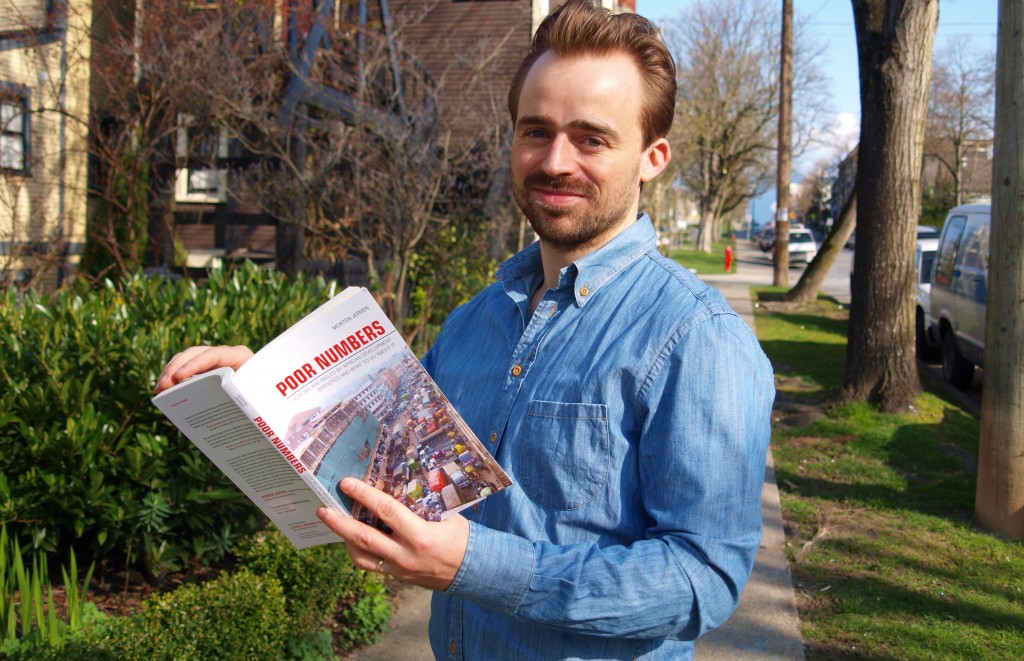






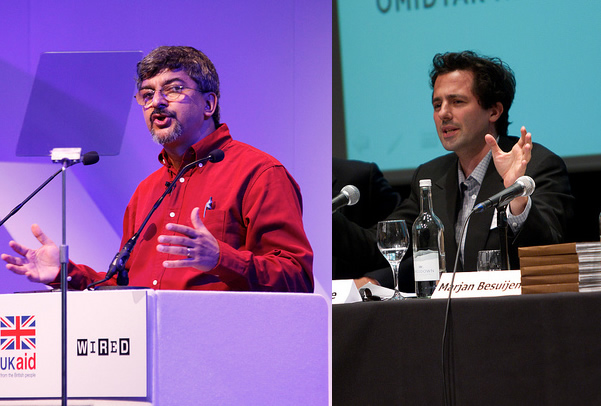








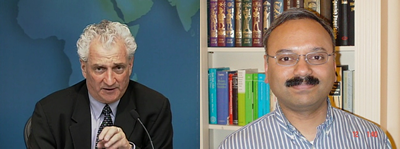
 Guest presenter Alison Evans, Director of ODI, interviews Owen Barder about his new paper,
Guest presenter Alison Evans, Director of ODI, interviews Owen Barder about his new paper,  Daryl Colliins and Jonathan Morduch discuss their book, co-authored with Stuart Rutherford and Orland Ruthven,
Daryl Colliins and Jonathan Morduch discuss their book, co-authored with Stuart Rutherford and Orland Ruthven, 


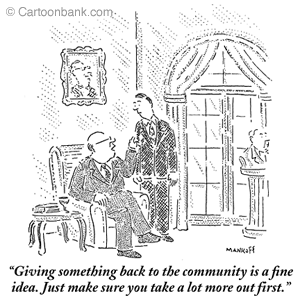

 In
In